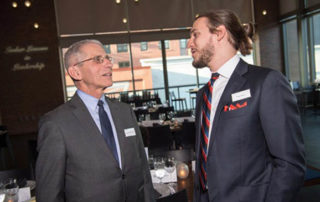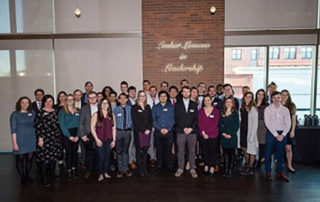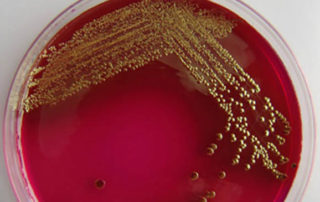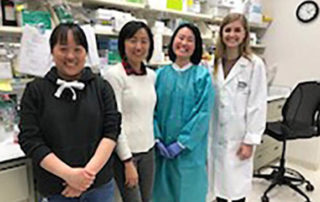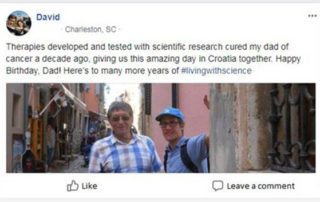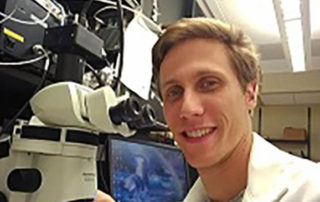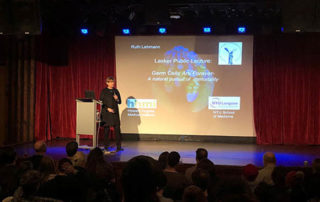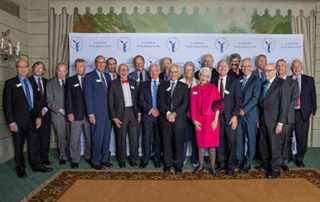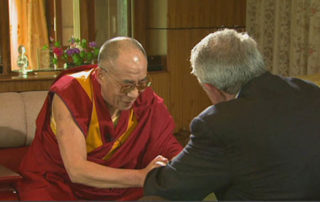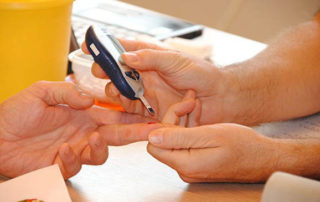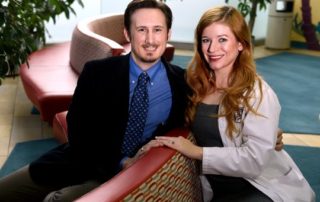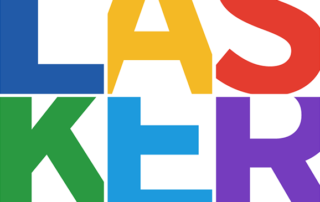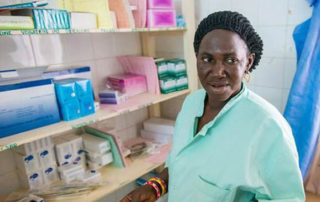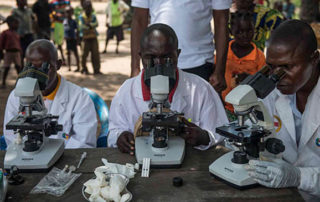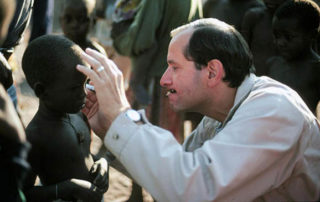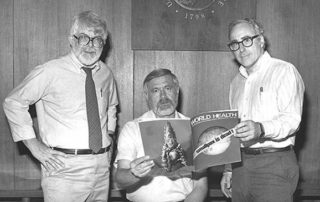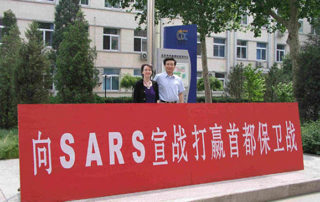Select a Date
April 2019 Newsletter
APRIL 8, 2019
Career advice and other wisdoms
Follow Your Gut, and Other Career Advice
APRIL 8, 2019
As the Lasker Lessons in Leadership series hosts its tenth speaker, the NIH Oxford-Cambridge students reflect on how hearing from top scientists has shaped their careers.
March 2019 Newsletter
MARCH 12, 2019
Read about the Lasker Clinical Research Scholars program.
Supporting Clinician-Scientists
MARCH 12, 2019
Now in its eighth year, a program created by the NIH and Lasker Foundation allows early-career clinician-scientists to live the dream of being able to focus on research.
February 2019 Newsletter
FEB. 12, 2019
Learn more about the Lasker Essay Contest!
Showing Science Love on Social Media
FEB. 12, 2019
The 2018 Lasker Essay Contest winner envisions a movement in which cancer patients share their stories to improve the public’s trust in science.
Raising the Bar
DEC. 14, 2018
Ruth Lehmann from New York University entered a bar, walked to the front of the room, and began to speak about germ cells for this year's Lasker Public Lecture in honor of Al Sommer.
December 2018 Newsletter
DEC. 13, 2018
Find out what happens when a scientist presents her work in a bar.
Scientists Who Transform Human Health
DEC. 13, 2018
Twenty-one Lasker Laureates gathered for a photo at the 2018 awards luncheon.
2018 November Newsletter
NOV. 9, 2018
Learn about the external forces that shape our current knowledge and pursuit of science.
An Interrupted Discovery
NOV. 9, 2018
One researcher knew that insulin could treat diabetes in animals, but his research stopped abruptly before he could develop the treatment for humans. What happened?
East Meets West to Explore Neuroscience
NOV. 9, 2018
What can we learn about neuroscience from a casual chat with Dan Rather, the Dalai Lama, and Eric Kandel?
Winners of the 2018 Essay Contest
JUNE 27, 2018
Join us in congratulating the 2018 first, second, and third place Lasker Essay Contest winners, and learn more about their essays, their experiences with the contest, and their thoughts about building public trust in science.
Abigail Cline: Ready for a Challenge
JUNE 26, 2018
The 2017 essay contest asked how to make biomedical research part of the daily global dialogue. Learn how the first place winner has been implementing her ideas.
Summer 2018 Newsletter
2018 Summer
Meet the winners of the 2018 Essay Contest and learn how they answered the question, “How can social media help build trust in science and the research enterprise?” We also check in with the 2017 Essay Contest winner, Abigail Cline.
Finding Common Ground
APRIL 25, 2018
Julie Gerberding from Merck & Co., Inc. details the intricacies of partnerships between academia, government, and industry for successfully managing disease in the developing world.
Focusing on Neglected Patients
APRIL 25, 2018
Rachel Cohen at the Drugs for Neglected Diseases initiative explains how her organization develops and implements new therapies for diseases affecting neglected patients.
Preventing Disease Pandemics
APRIL 25, 2018
Lasker Laureate Alfred Sommer discusses recent “near-miss” epidemics and the tactics that prevented those diseases from spreading worldwide.
Stopping Smallpox in its Tracks
APRIL 25, 2018
The eradication of smallpox is one of epidemiology’s most celebrated successes, made possible by Lasker Laureate William Foege’s “surveillance and containment” strategy.
The Web of Global Health
APRIL 25, 2018
Anne Schuchat from the US Centers for Disease Control and Prevention explores the cooperation required to contain epidemics and her hopes for new tools to help prevent disease.
